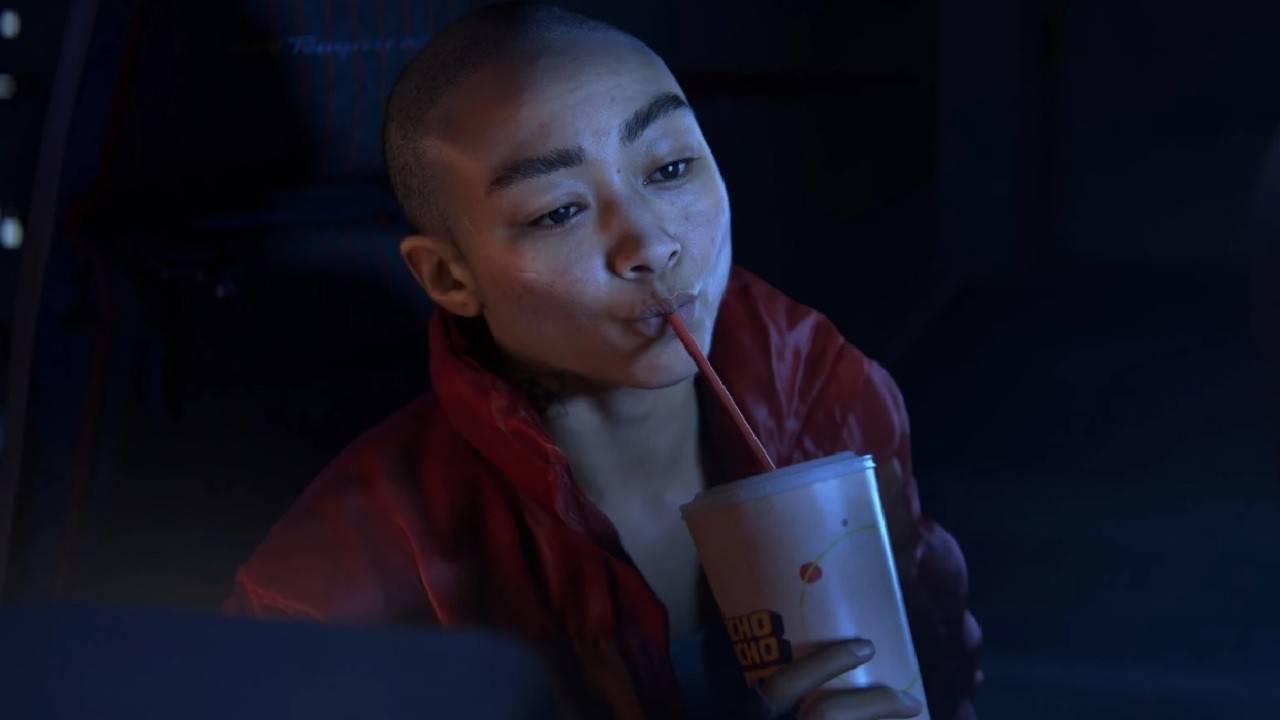SAG-AFTRA Says It's Still 'Frustratingly Far Apart' From Games Industry Bargaining Group on AI Protections
The Screen Actors Guild - American Federation of Television and Radio Artists (SAG-AFTRA) recently updated its members on the ongoing negotiations with the video game industry regarding AI protections for actors. Despite some progress, the guild remains "frustratingly far apart" from the industry's bargaining group, which includes representatives from major AAA gaming companies. SAG-AFTRA has provided a detailed comparison chart highlighting the key differences between their proposals and those of the bargaining group.
The unresolved issues include:
- Protection against the use of digital replicas or generative AI for all past and future work.
- A clear definition of "digital replica," where SAG-AFTRA wants to include any performance that is "readily identifiable or attributable to" a performer, while the bargaining group prefers the term "objectively identifiable," potentially excluding many performances.
- Including "movement" performers in the generative AI agreement.
- Using the term "real-time generation" for AI-created performances, as opposed to the bargaining group's suggestion of "procedural generation," which SAG-AFTRA argues has a different meaning in the gaming context.
- Disclosure requirements for blending voices to create digital replicas.
- Disclosure requirements for using voices in real-time chatbots versus scripted dialogue.
- Withdrawal of consent for digital replica use during strikes, which employers want to continue using.
- The duration of consent for real-time generation, with SAG-AFTRA proposing five years, while the bargaining group seeks unlimited consent.
- Minimum compensation for digital replica creation and use, with disagreements on specifics but tentative agreement on bonus pay calculations.
- A proposal from the bargaining group that mirrors a SAG-AFTRA TV/Film agreement, granting employers bonus rights in exchange for a premium, which SAG-AFTRA finds too broad and potentially circumventing union rights.
- A system to track digital replica usage to ensure proper payment, which the bargaining group considers unfeasible.
- Specific definitions and regulations for "synthetic" performers created by generative AI systems.
Although tentative agreements have been reached on issues like bonus pay, dispute resolution, certain minimum compensations, consent requirements, and disclosures, SAG-AFTRA remains concerned that the bargaining employers are misleading members about the proximity to a deal. Duncan Crabtree-Ireland, SAG-AFTRA's national executive director and chief negotiator, emphasized the importance of solidarity among members and warned against accepting roles that could undermine the strike and expose actors to AI misuse without proper protections.
In response, Audrey Cooling, spokesperson for the video game industry bargaining group, stated that they have proposed a deal offering over 15% wage increases, enhanced health and safety protections, industry-leading AI terms, and additional compensation for actors' performances in other games. The group is eager to continue negotiations to reach an agreement.
The SAG-AFTRA video game strike, now in its eighth month, was triggered by disagreements over AI provisions, with 24 out of 25 other contract proposals already agreed upon. The impact of the strike is becoming increasingly visible, with reports of unvoiced NPCs in games like Destiny 2 and World of Warcraft. Additionally, SAG-AFTRA struck against League of Legends last year, and Activision recast characters in Call of Duty: Black Ops 6 due to player concerns about new voices. Most recently, two Zenless Zone Zero voice actors discovered their replacement through the game's latest patch notes.
- 1 Pokemon GO Fest 2025: Dates, Locations, and Event Details Jan 08,2025
- 2 Pokémon TCG Pocket: Wonder Pick Date, Time, and Promo Cards – February 2025 Mar 03,2025
- 3 How to Get All Ability Outfits in Infinity Nikki Feb 28,2025
- 4 Black Myth: Wukong Tops Steam Charts Days Before its Launch Jan 07,2025
- 5 Ukrainian Internet Stalled as 'S.T.A.L.K.E.R. 2' Release Overwhelms Dec 30,2024
- 6 inZOI, a Korean Sims-Like, Delayed to March 2025 Mar 01,2025
- 7 Starseed Asnia Trigger Codes (January 2025) Mar 06,2025
- 8 Assassin's Creed Shadows Postponed to March 2025 for Enhancements Feb 21,2025
-
Budgeting & Investing: Your Guide to Financial Apps
A total of 9
-
Addictive Hypercasual Games for Quick Play
A total of 10
-
Best Role Playing Games for Android
A total of 10






























